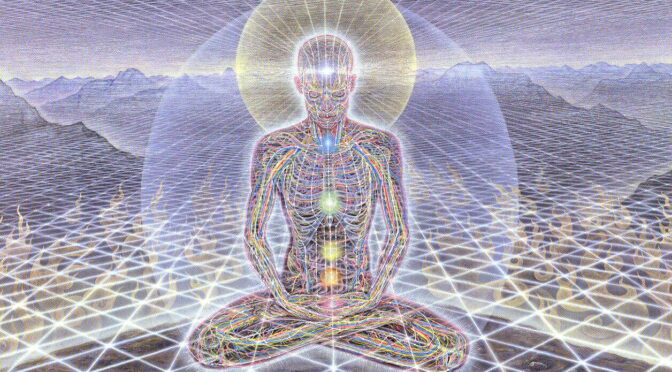The design of modern society really shifts the fundamental idea of what addiction actually is. The official definition of addiction is a strong or harmful need to do something.
For many people, this need is something instantly rewarding like drugs, alcohol or gambling. The idea of addiction goes much deeper than this, and many people are looking at it from a skewed perspective. Addiction is seen as something criminals or “bad” people do because something is wrong with their brain.
There was a very interesting study done that shifted many researchers understanding of addiction. The previous experiments had a single rat in a cage 1 water bottle laced with heroine or cocaine, and 1 with just normal water. Because there was nothing to do, the rat drank the drugged water and eventually died. So, a new experiment was conducted that had many rats in a supportive “rat park” where they were free to do whatever they liked. There was 1 laced bottle of water, and 1 normal bottle of water. In this environment, the rats barely touched the laced water, because there was essentially no need to.
Addiction is a result of the environment directly around us. Many people are born into chaotic environments that they cannot control, and as a way to escape, numb pain and cope with life, they create dependencies on external things. Without the right kind of support, people can lose themselves in their pain.
In this modern world, the idea of addiction is a lot more common place than we think. So many of us are addicted to the internet, facebook, media and different forms of distraction. When this can be used productively and positively, then it doesn’t become a dependency or an escape. That is the balance we are trying to achieve.
Humans are meant to live naturally in interconnect and supportive communities around the world. It doesn’t take a scientist to see that our world is greatly unbalanced, chaotic and demanding. Addiction is a result of our society, and how we collectively understand human consciousness. With the right kind of environment and support, addiction can be easily overcome.
This is the first step.
Your Environment
If there’s something you want to quit, anything from smoking to biting your nails – your immediate surroundings need to be in support of you.
This is how this societal system traps us – it is almost impossible to escape the busy-ness of life. It is crucial to have your home or a special space for you to be exactly how you need it to be.
It can be a room in your house, a park, or anywhere that takes stress off you, not add to it.
A messy house, demanding job and stresses of every day life make, say, quitting smoking extremely hard. You want relief after paying a bunch of bills – it fundamentally isn’t your fault.
Believe It’s Possible
Our belief that we are solely physical beings is the very thing stopping us from being able to fly around and bend the elements. Same goes for anything, including quitting an addiction. If you do not believe it is possible or it’s just too hard right now, then you limit yourself from actually being able to do it.
This relates directly to your environment, if you know you are going to be stressed and need that release eventually, you have to take the steps to ensure you can be stress free. This could look like taking a small vacation, going camping or something simple that relieves stress from you.
The Support Around You
Who is immediately around you determines your stress level.
If you live in an abusive, chaotic environment, that is a whole other ball park. That takes a great deal of strength to put together a plan to help yourself. That might mean leaving the environment completely. If you have children or something always demanding your attention, using the support around you is vital to being able to overcome addiction.
If you have parents, friends and family that can come help you through this transition, that is very much needed. You need understanding, trusting people around you who are willing to put in the work to help see you transition. If it is something like smoking, they need to be sensitive and aware that you can become extremely moody while quitting.
Your support needs to be there no matter what – and this is a way to see who is truly there for you.
Meditation
Now, you don’t need to be an expert in meditation to be able to do this. The point is to get yourself into a peaceful enough state, with no external stresses and influences. If you are able have a support environment around you and enough time, you can achieve this simply. Sit or lay down in whatever position is comfortable for you.
 Focus on your breathing as you start to clear your mind. Let your thoughts run and let your cravings creep up. Don’t resist any of the feelings, that is key.
Focus on your breathing as you start to clear your mind. Let your thoughts run and let your cravings creep up. Don’t resist any of the feelings, that is key.
When you can focus your breathing enough to slow everything down, you can start to separate your consciousness from your body. This can be as simple as being on the edge of falling asleep but still completely conscious. It takes practice to get this relaxed without dozing off.
Once you can get to that slow, peaceful space – then you can start focusing on the feeling of being addicted. You can feel that craving objectively if you are in that higher state. You can feel what it feels like to not be addicted to your cravings anymore. Almost like a lucid dream, you can explore depths of yourself you never knew was possible. This doesn’t immediately happen, that is why a consistent support is needed.
With the combination of a supportive environment, you can start to ease off the substance right away. If your addiction is something non physical like the internet, porn or an idea, the process is the same. It takes determination and will to consciously stop the feeling of needing something.
There is no shame in both wanting and needing something, when it becomes a dependency, you know something needs to shift. Be persistent in the wanting to be free from a physical addiction – for you are infinitely more than you might believe.

